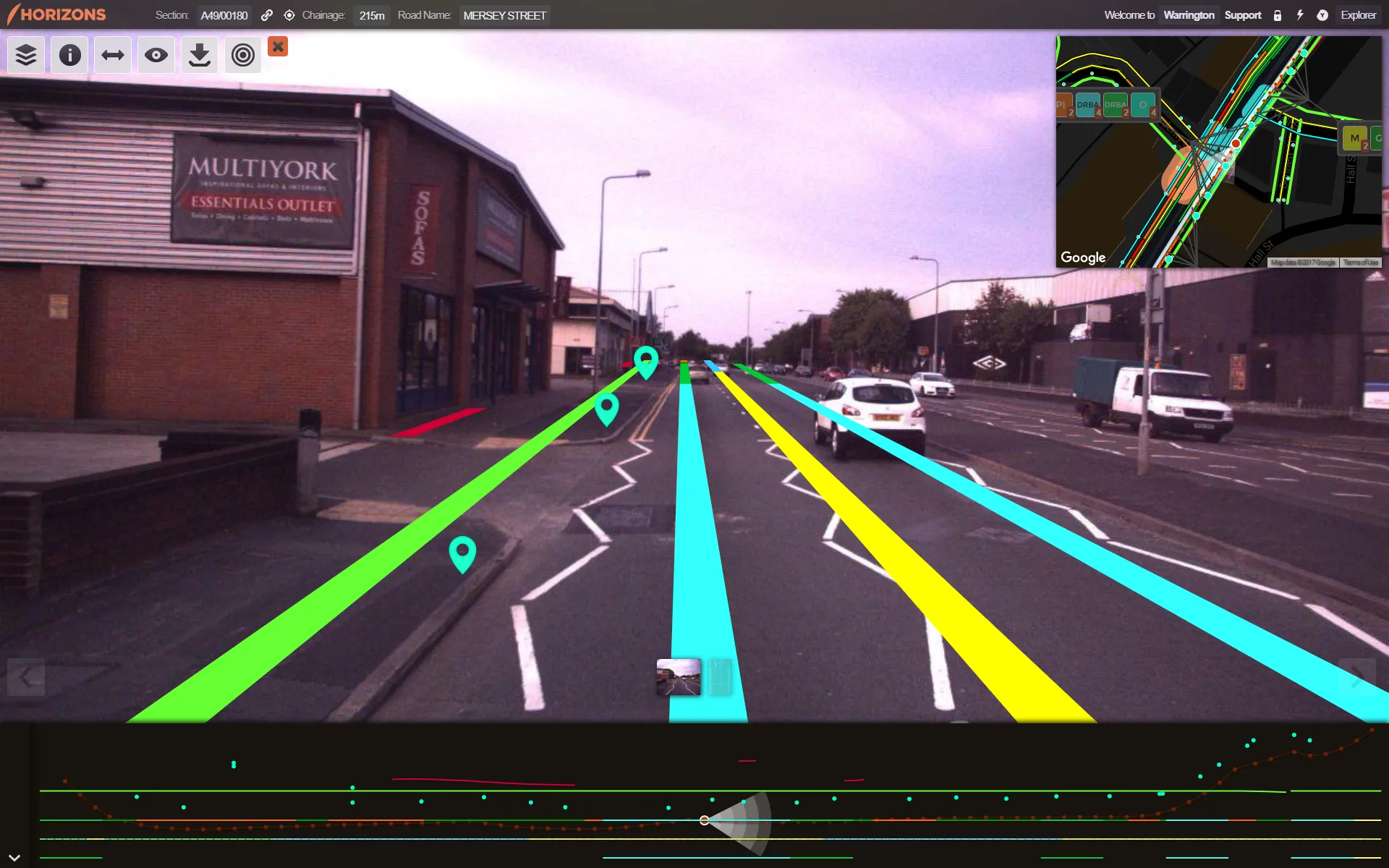The UK Department for Transport has commissioned a consortium led by TRL, with MVA Consultancy, ITS Leeds, Simon Christmas, SHM and ARUP as partners, to undertake an integrated programme of research assessing a wide range of road user safety issues in relation to cycling. The study will encompass following four elements: analysis of cycling activity and collision data, international review of literature and survey of local authorities; qualitative research with cyclists and other road users; review of infra
July 6, 2012
Read time: 2 mins
The 1439 UK Department for Transport has commissioned a consortium led by 777 TRL, with 3688 MVA Consultancy, 3278 ITS Leeds, 6120 Simon Christmas, 6121 SHM and 1419 Arup as partners, to undertake an integrated programme of research assessing a wide range of road user safety issues in relation to cycling.
The study will encompass following four elements: analysis of cycling activity and collision data, international review of literature and survey of local authorities; qualitative research with cyclists and other road users; review of infrastructure provision, and review and analysis of cycle helmet wearing.
The first phase of the study aims to establish what is already known about cycle safety and therefore clarify where further research is required.
This will be supplemented by evidence from Advisory Group members and other relevant stakeholders. Throughout the programme of work, stakeholder engagement will be a key component.
The project is due for completion in September 2010, and the findings, which will result in recommendations for future policy and practice, will be disseminated through a variety of means including the Department for Transport web site.
The study will encompass following four elements: analysis of cycling activity and collision data, international review of literature and survey of local authorities; qualitative research with cyclists and other road users; review of infrastructure provision, and review and analysis of cycle helmet wearing.
The first phase of the study aims to establish what is already known about cycle safety and therefore clarify where further research is required.
This will be supplemented by evidence from Advisory Group members and other relevant stakeholders. Throughout the programme of work, stakeholder engagement will be a key component.
The project is due for completion in September 2010, and the findings, which will result in recommendations for future policy and practice, will be disseminated through a variety of means including the Department for Transport web site.








